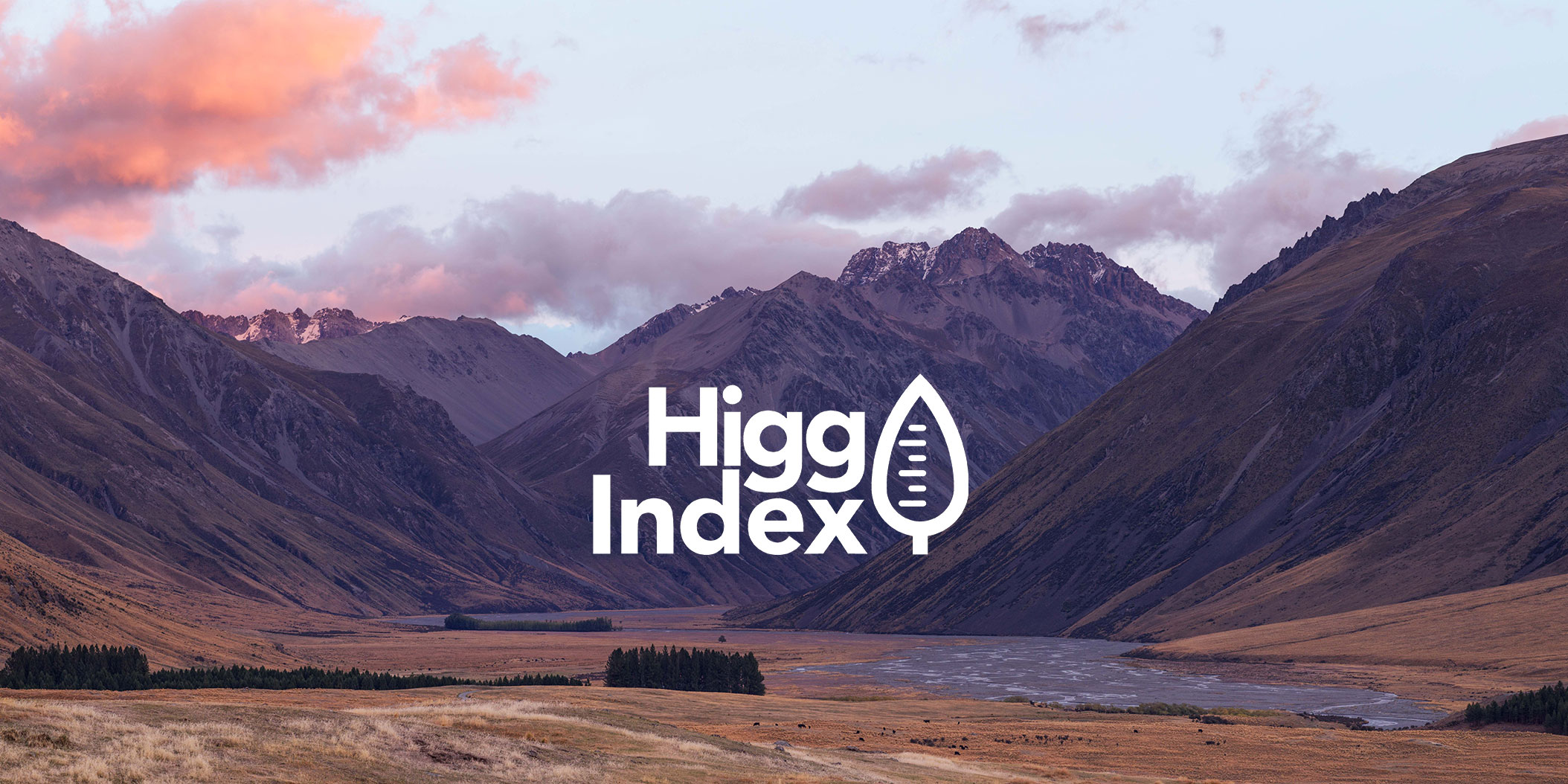
Higg Index
Higg Materials Sustainability Index (Higg MSI)
The Higg Materials Sustainability Index (Higg MSI) is the apparel industry’s most trusted tool to measure and score the environmental impacts of
materials. Apparel, footwear, and textile industry designers and product developers can use the Higg MSI to assess and compare the cradle-to-gate
impacts of different materials, such as cotton, polyester, and leather, to produce more responsible products.
The Higg MSI uses data submitted from the industry and life cycle assessment databases to calculate environmental impacts and translate them into
comparable Higg MSI scores.
This includes data for the following impacts:
• Global Warming Potential
• Nutrient Pollution in Water (Eutrophication)
• Water Scarcity
• Fossil Fuel Depletion
• Chemistry
The tool can calculate the impact of millions of possible material manufacturing variations.
Higg Facility Environmental Module (Higg FEM)
The environmental cost of producing and wearing clothes is high. Making a typical pair of jeans can require nearly 7500 litres of water and 400 megajoules
of energy. Once purchased, caring for that same pair of jeans throughout its lifespan can emit more than 30 kilograms of carbon dioxide. That’s
equivalent to driving a car 125 kilometers.
The Higg FEM informs manufacturers, brands, and retailers about the environmental performance of their individual facilities, empowering them to scale
sustainability improvements.
The Higg FEM assesses:
• Environmental Management Systems
• Energy Use & Greenhouse Gas Emissions
• Water Use
• Wastewater
• Emissions to Air (if applicable)
• Waste Management
• Chemical Management
Macpac encourages all of our manufacturing Trade Partners to use the Higg FEM to score their environmental performance and as a driver for achieving continuous improvement. In addition, as we work towards understanding the full scale of our environmental impact, the verified FEM provides a level of visibility that we would otherwise not have access to. You can see an example
of a Trade Partner’s performance here.
Higg Brand & Retail Module (Higg BRM)
Macpac has been using the Higg BRM as a road map on our better business journey since 2019. The Higg Index is the basis of our sustainability strategy. It helps us determine which practices we should improve in order to operate in a more responsible way. We’re proud of the progress we’ve
made since using the BRM.
Our verified 2023 BRM scores were:
• Total Score: 40.3
• Environmental: 29.3
• Social: 47.0
• Governance: 60.7
Higg Facility Social & Labour Module (Higg FSLM)
Everyone deserves to work in a safe and healthy environment where they receive fair pay. To improve social and labour conditions for the workers who produce billions of garments, textiles, and footwear for the global retail industry each year, brands and manufacturers need to first measure the social impact of global facilities.
The Higg Facility Social & Labor Module (Higg FSLM) promotes safe and fair social and labor conditions for supply chain workers all over the world. Facilities can use the scored assessment to understand hotspots and reduce audit fatigue. Instead of focusing on compliance, they can dedicate time and resources to making lasting systemic changes.
The Higg FSLM assesses:
• Recruitment & Hiring
• Working Hours
• Wages & Benefits
• Employee Treatment
• Employee Involvement
• Health & Safety
• Termination
• Management Systems
• Empowering People & Communties
It is important to note that the Higg FSLM is directly informed by the findings of the Social & Labor Convergence Program (SLCP)’s Converged Assessment Framework (CAF). The CAF provides a level of detail in factory management that is not necessarily available in other monitoring frameworks. Macpac has made a public commitment to accept the SLCP’s framework, and actively encourages our partners to make the transition to verified FSLM in order to help manage audit fatigue.

